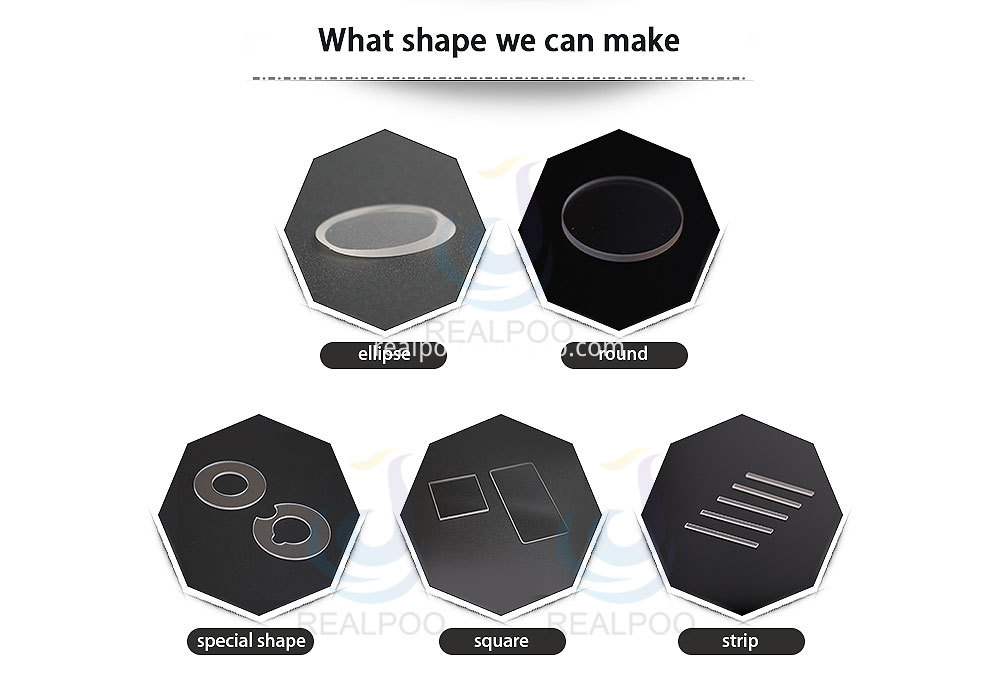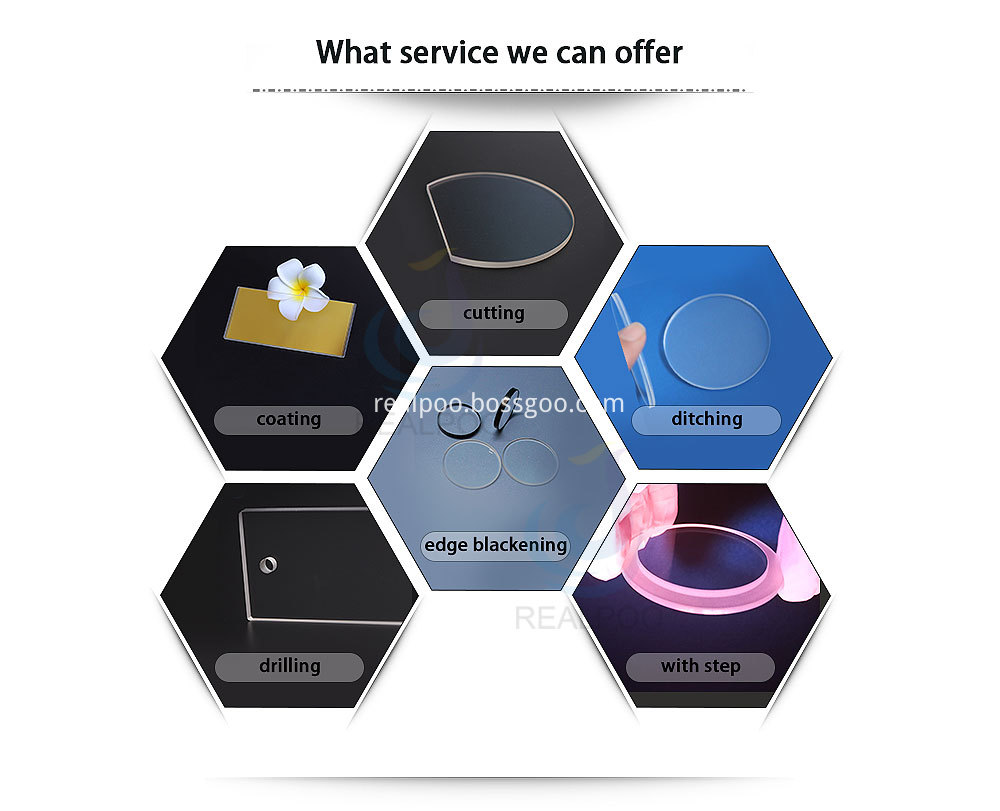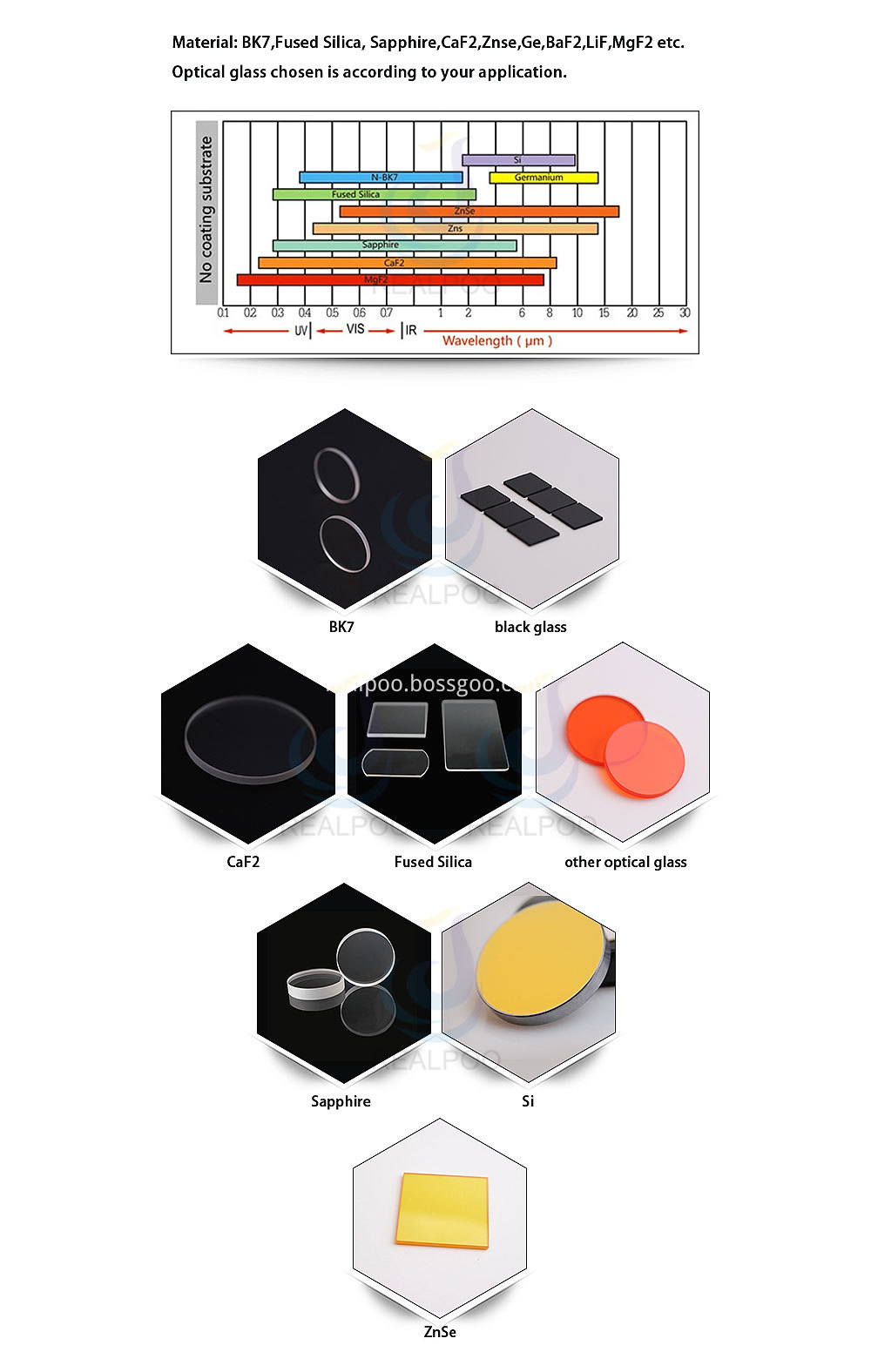Artificial intelligence is rapidly transforming various aspects of our lives, from the way we interact with technology to how industries operate. One notable example is the evolution of AI in gaming, where AlphaGo, an AI developed by DeepMind, demonstrated incredible capabilities by defeating world champion Go player Lee Sedol in 2016. Unlike human players who take years to master the game, AlphaGo learned and improved in just a few days, showcasing the power of machine learning.
In the broader context, AI has already begun reshaping industries such as healthcare, finance, and manufacturing. For instance, in healthcare, AI systems can analyze vast amounts of medical data, helping doctors make more accurate diagnoses and offering personalized treatment plans. In finance, AI algorithms are used for credit scoring, fraud detection, and investment strategies, improving efficiency and reducing risks.
The impact of AI is not limited to technology companies. Major corporations like Alibaba, Tencent, Google, and Baidu are heavily investing in AI research and development. According to industry reports, over $4.5 billion has been invested in more than 200 AI startups between 2012 and 2017, signaling a growing interest in this field.
In manufacturing, AI is driving the development of smart factories and autonomous systems. Companies like Siemens are leveraging digitalization to streamline production processes, using virtual simulations to test and refine products before they are physically built. This approach not only saves time and resources but also enhances product quality.
Education is another area where AI is making a significant impact. With the rise of AI-powered tools, students can access personalized learning experiences, and teachers can focus more on critical thinking and creativity rather than rote memorization. Experts predict that traditional education models may be restructured to emphasize skills like problem-solving, innovation, and adaptability.
Moreover, AI is changing customer service. Intelligent chatbots and virtual assistants are becoming more sophisticated, capable of understanding user intent and providing relevant solutions. While some tasks may eventually be fully automated, many experts believe that a human-in-the-loop approach will remain essential for complex or emotionally sensitive interactions.
As AI continues to evolve, it's clear that its influence will only grow. From smart homes to self-driving cars, the future is being shaped by intelligent systems that learn, adapt, and improve over time. However, as we embrace these advancements, it's important to consider the ethical implications and ensure that AI serves humanity in a responsible and beneficial way.
Optical Window
Optical glass window refer to a piece of transparent optical material that allows light into an optical instrument. They are pieces of optical glasses with ground and polished faces that are relatively parallel. Optical windows are applied for protecting fragile optical components inside an equipment, they are adopted to isolate two physical environments while allowing light to pass.
Realpoo Optics offer optical glass window in various materials of BK7, Fused Silica, Sapphire, Silicon, ZnSe, CaF2 etc.
And Realpoo Optics offer different shape optical window ,like square, round, strip, ellipse etc.



Optical Window,Optical windows,Sapphire Windows,Optics Window,N-BK7 window
Changchun Realpoo Photoelectric Co., Ltd. , https://www.optics-realpoo.com


